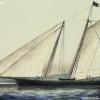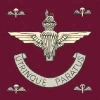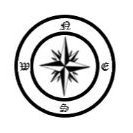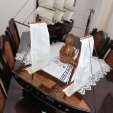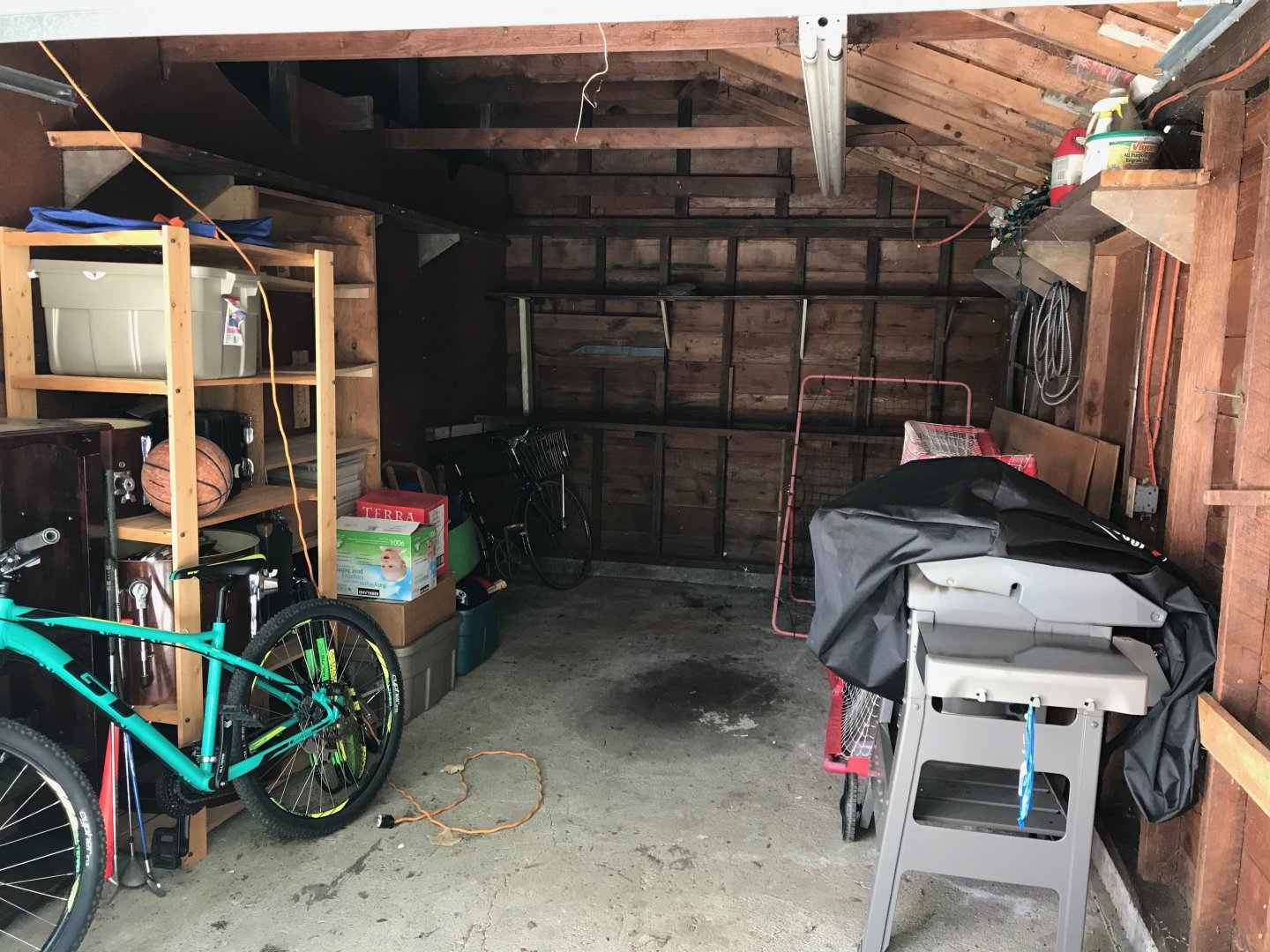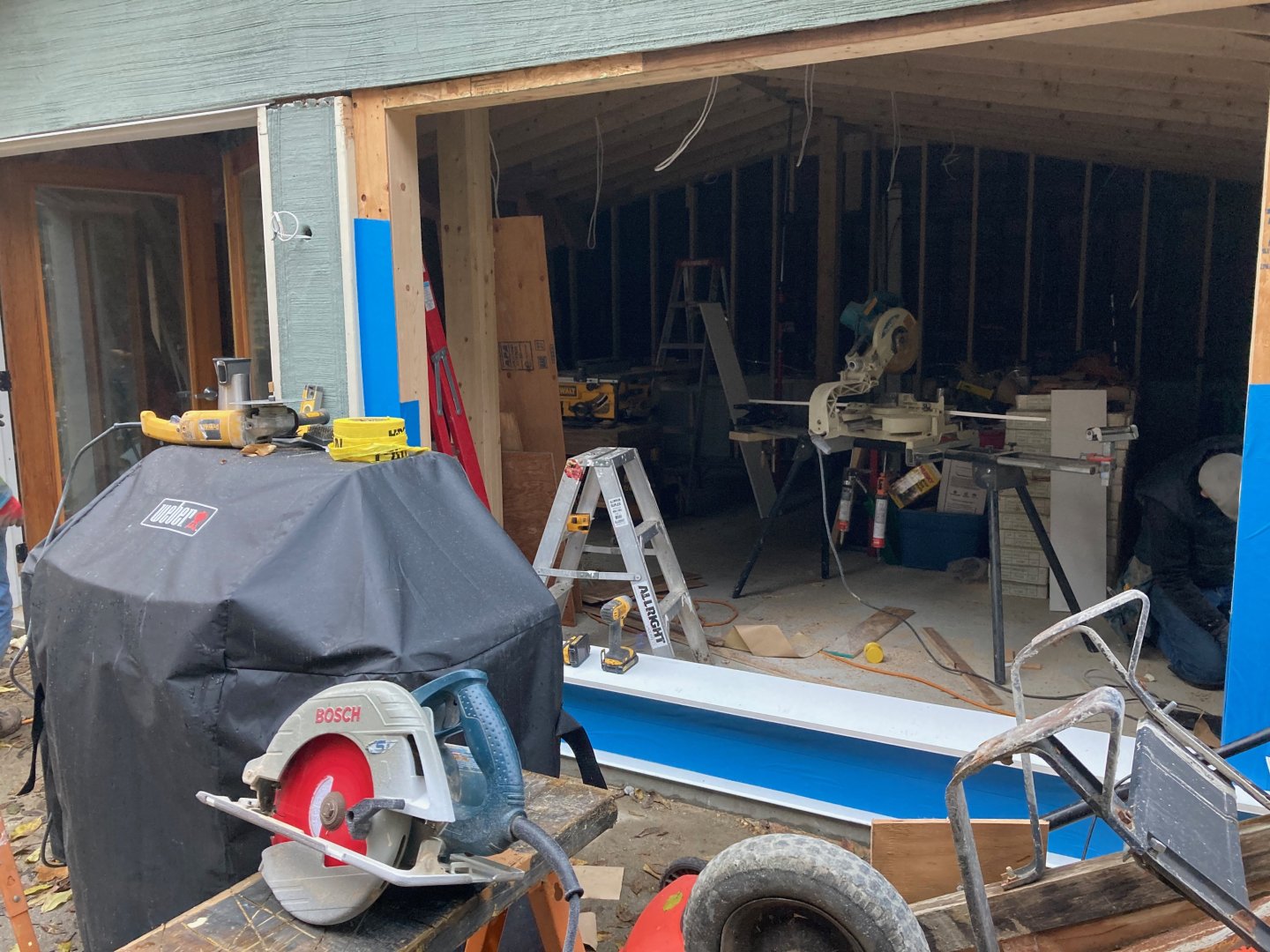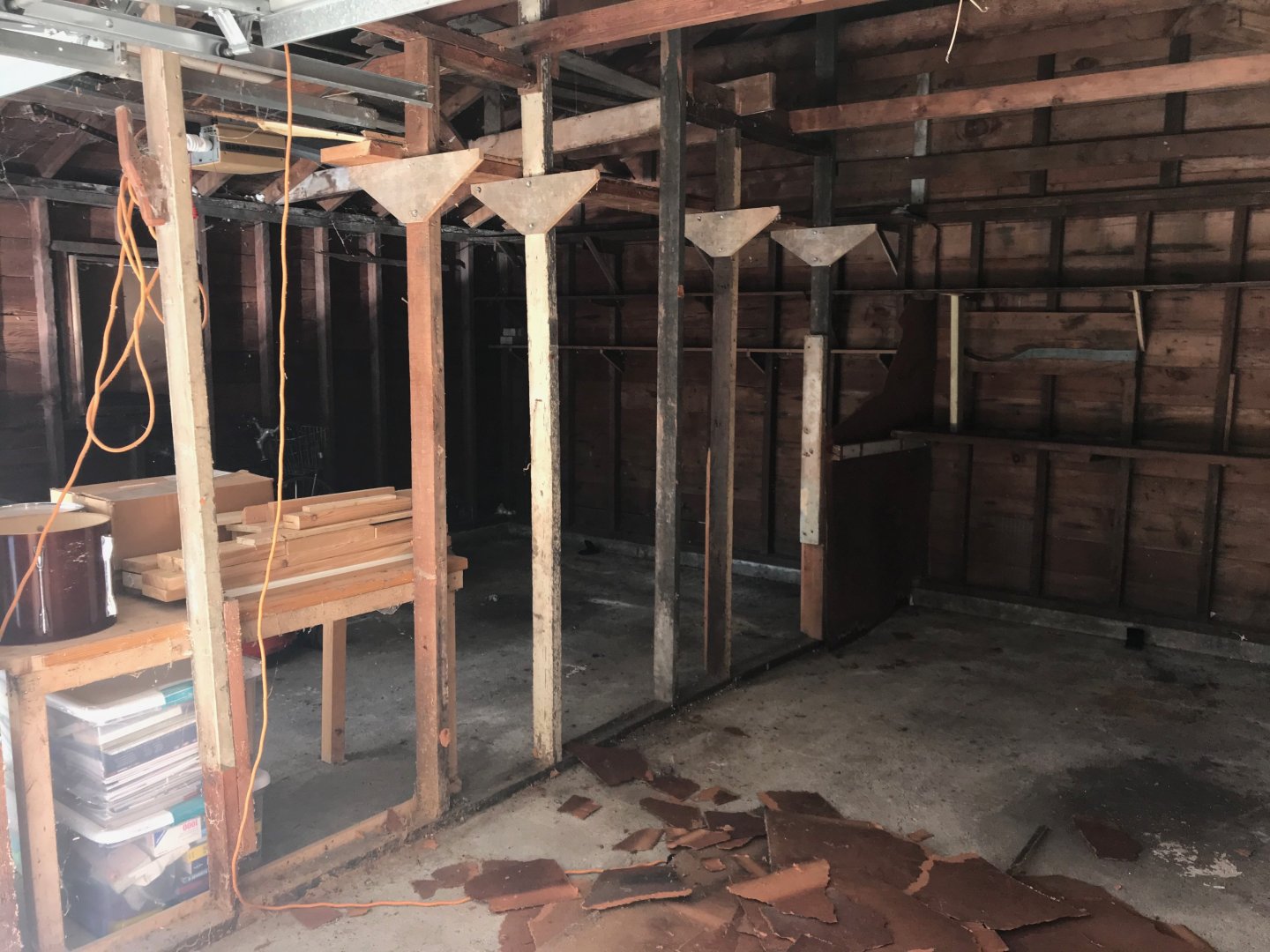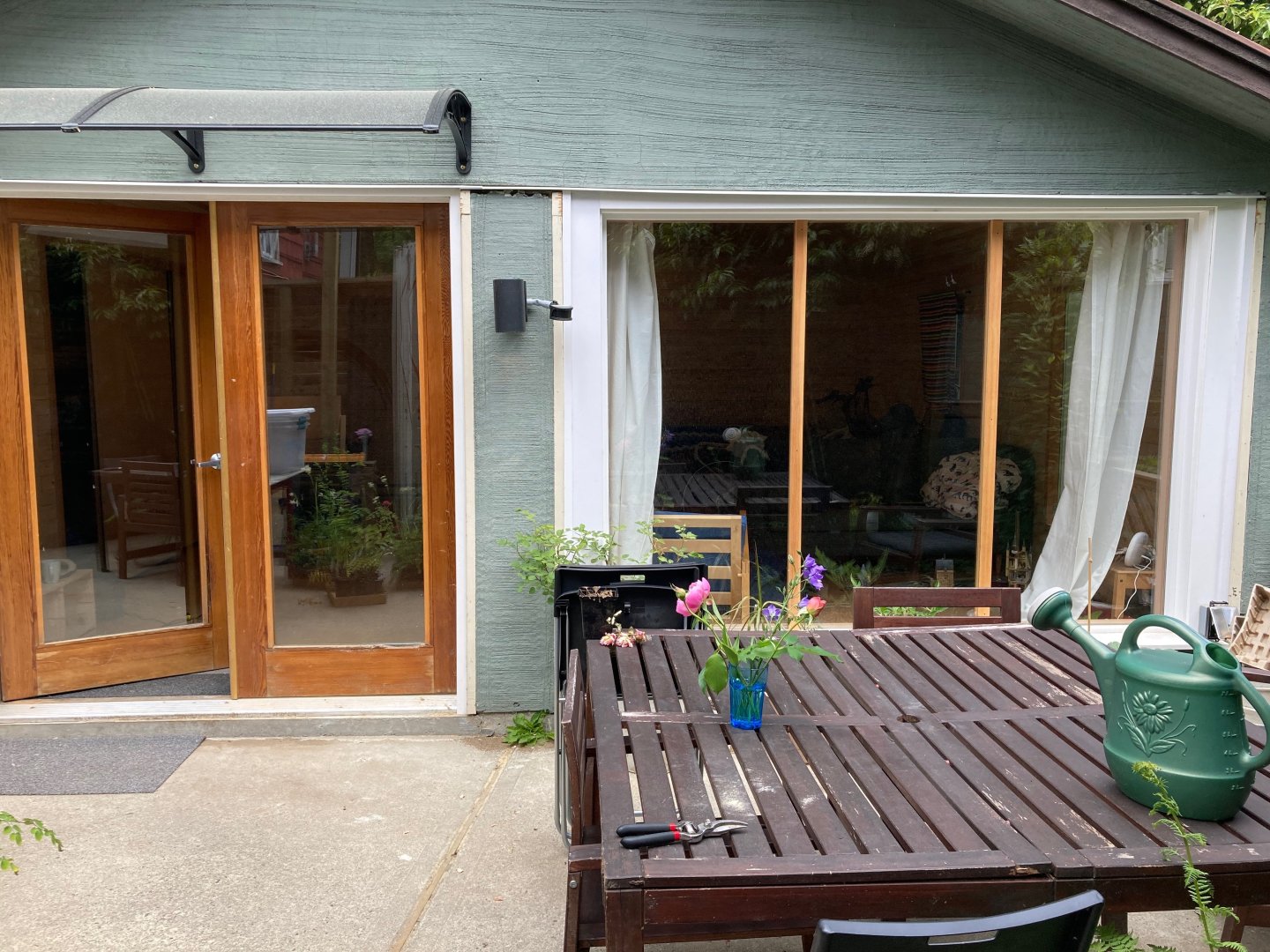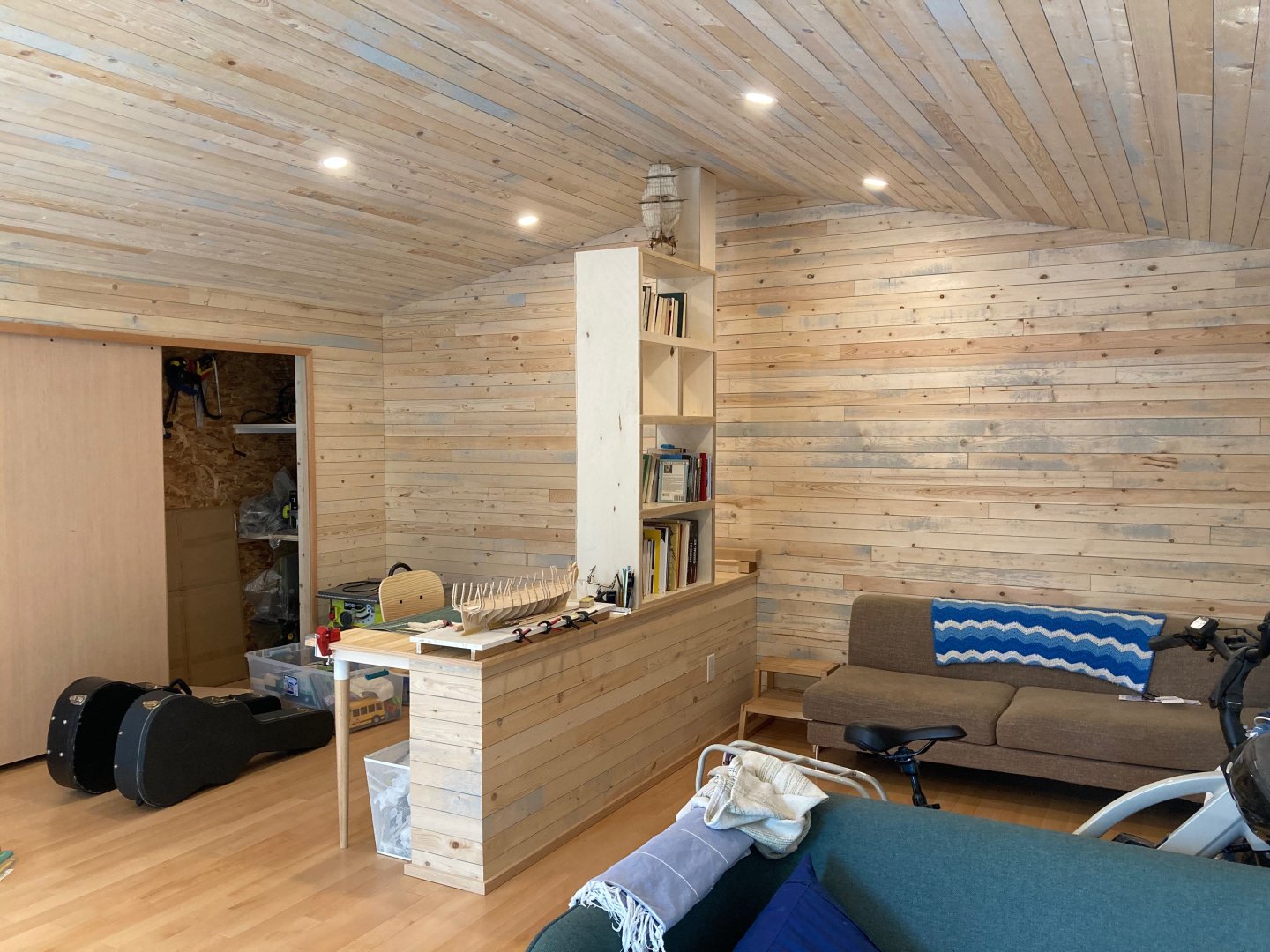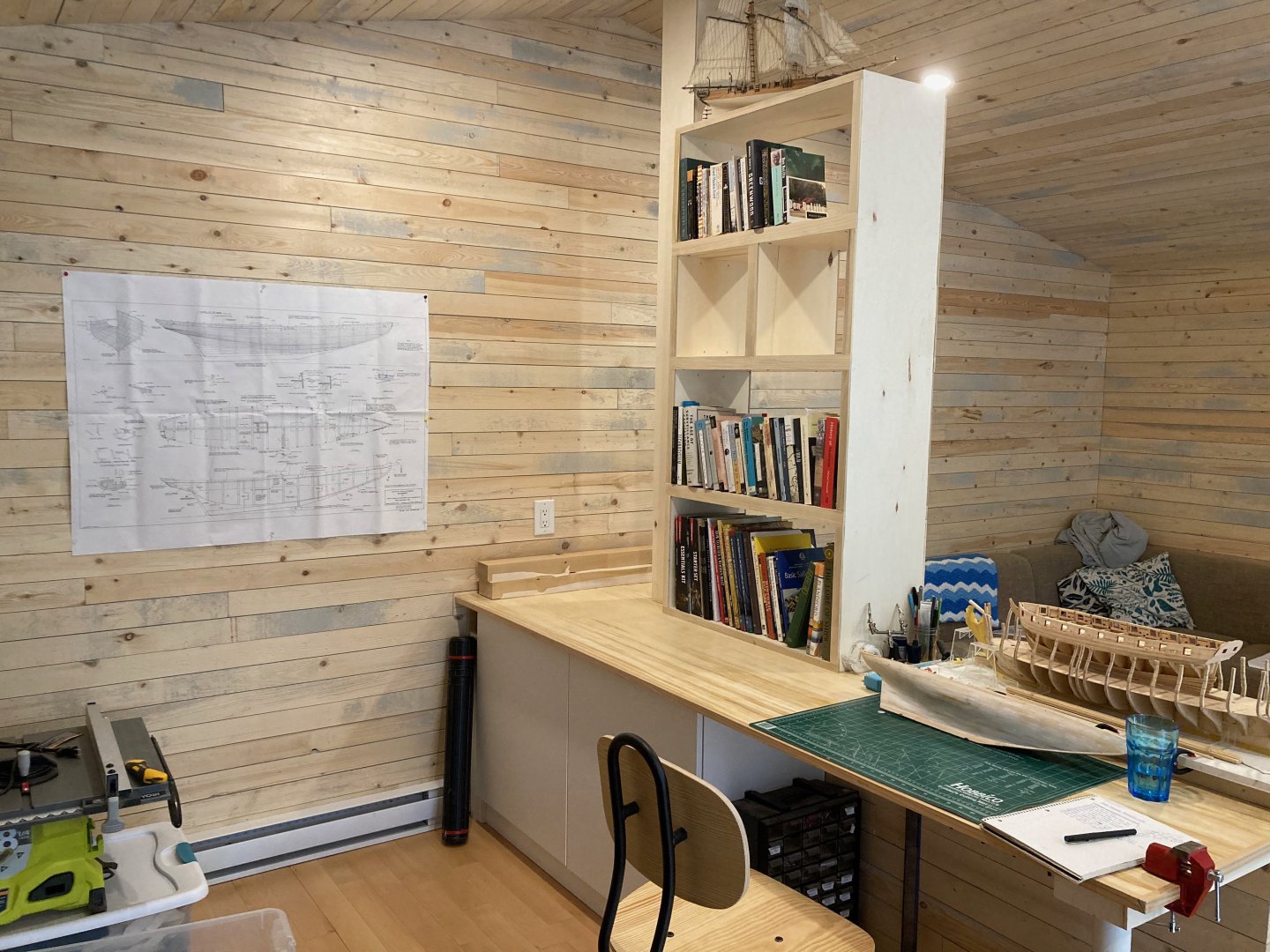-
Posts
1,933 -
Joined
-
Last visited
About hamilton
- Birthday 08/21/1971
Profile Information
-
Gender
Male
-
Location
Canada
Recent Profile Visitors
-
 pankmeier reacted to a post in a topic:
HMS GREYHOUND by Jackson7 - Corel - Collaboration With My Past Self
pankmeier reacted to a post in a topic:
HMS GREYHOUND by Jackson7 - Corel - Collaboration With My Past Self
-
 aaronc reacted to a post in a topic:
Work area pictures only
aaronc reacted to a post in a topic:
Work area pictures only
-
 pankmeier reacted to a post in a topic:
HMS Blandford by hamilton - FINISHED - from Corel HMS Greyhound - 1:100
pankmeier reacted to a post in a topic:
HMS Blandford by hamilton - FINISHED - from Corel HMS Greyhound - 1:100
-
 mtbediz reacted to a post in a topic:
USS Constitution by GGibson - Model Shipways - 1:76.8
mtbediz reacted to a post in a topic:
USS Constitution by GGibson - Model Shipways - 1:76.8
-
 Ronald-V reacted to a post in a topic:
HMS Sphinx 1775 by Ronald-V - Vanguard Models - 1:64
Ronald-V reacted to a post in a topic:
HMS Sphinx 1775 by Ronald-V - Vanguard Models - 1:64
-
 pankmeier reacted to a post in a topic:
HMS Blandford by hamilton - FINISHED - from Corel HMS Greyhound - 1:100
pankmeier reacted to a post in a topic:
HMS Blandford by hamilton - FINISHED - from Corel HMS Greyhound - 1:100
-
 GGibson reacted to a post in a topic:
USS Constitution by GGibson - Model Shipways - 1:76.8
GGibson reacted to a post in a topic:
USS Constitution by GGibson - Model Shipways - 1:76.8
-
 Bomber_County reacted to a post in a topic:
Work area pictures only
Bomber_County reacted to a post in a topic:
Work area pictures only
-
 hamilton reacted to a post in a topic:
Bluenose by TerryPat - Model Shipways - 1:64
hamilton reacted to a post in a topic:
Bluenose by TerryPat - Model Shipways - 1:64
-
 Bryan Woods reacted to a post in a topic:
Work area pictures only
Bryan Woods reacted to a post in a topic:
Work area pictures only
-
 hamilton reacted to a post in a topic:
HMS Sphinx 1775 by Ronald-V - Vanguard Models - 1:64
hamilton reacted to a post in a topic:
HMS Sphinx 1775 by Ronald-V - Vanguard Models - 1:64
-

Work area pictures only
hamilton replied to Johnny Mike's topic in Modeling tools and Workshop Equipment
@Nirvana - Yes that's my scratch Bluenose (the last model I completed) in an early stage of development - you'll also recognise Syren perched between the frames of another project I've been slowly working up in secret - a 1:48 scratch of HMS Scarborough based on the Anatomy of the Ship Blandford - which I'm building using a hybrid P.o.B. (from the gun deck downwards) P.o.F. (gundeck and above) approach - it's another version of the 1:100 scale Corel Greyhound I built as Blandford over a decade ago.....work at the bench is slow, but time still flies!!! Aspects of Einstein's relativity theory can be experienced in this way! hamilton -
 hamilton reacted to a post in a topic:
Work area pictures only
hamilton reacted to a post in a topic:
Work area pictures only
-
 hamilton reacted to a post in a topic:
Work area pictures only
hamilton reacted to a post in a topic:
Work area pictures only
-

Work area pictures only
hamilton replied to Johnny Mike's topic in Modeling tools and Workshop Equipment
Hi Tim - nice looking space - I'm guessing you use that two-hander saw on the wall for particularly large modelling projects. Here's my little corner of the world - though honestly it has not seen much use lately, sad to say - been too busy with work and home projects and other things for the last few months.....a couple of before shots of the dilapidated garage it used to be for comparison....the "after" photos were taken when it was more or less brand new (2021) - it is a bit messier now with more tools and more storage space....but it's a nice spot to be in on a sunny Saturday morning with a hot cup of coffee. hamilton -
It is hard to believe that a model manufacturer can long sustain the cost of absorbing the tariffs - though I also acknowledge my ignorance of the business side of model manufacturing...I just can't imagine that there is the kind of critical mass, given competition among manufacturers, for this to be a long-term solution. Fortunately for us Canadians, we can still import from Europe under CETA without these concerns and we (like US customers) are exempt from the UK's VAT as I understand, but our market is (like in everything else) tiny taters compared to the US....will be interesting to see what the future holds...regardless of how expensive it gets, hull planking still drives me crazy!! hamilton
-
Actually, in response to US tariffs on China, China imposed tariffs on Canada (I personally don't get that logic, but).....so them shipping through us is not a viable solution for the import tariff situation south of the 49th.....one thing seems clear - that things are just going to be more expensive unless you can source domestically - regardless of what country you live in....time to tighten your belts! hamilton
-
 hamilton reacted to a post in a topic:
Syren Ship Model Company News, Updates and Info.....(part 2)
hamilton reacted to a post in a topic:
Syren Ship Model Company News, Updates and Info.....(part 2)
-
Cool idea - as an occasional puzzler (1 at Christmas, completed furiously; 2 in the summer, nibbled away at in my leisure) I've noticed that there are a diminishing number of good subjects and manufacturers seem mostly to be going for either branded images (disney, star wars, etc.) or really crazy-making and repetitive ones (near identical red and white striped candies in a bowl, or a bunch of watches in a pile, etc.). There is the Ravensburger 9000-piece Battle of Algiers (which I hope to get as a retirement gift - though my pension statement tells me that I won't really be able to afford to retire until my mid-70s), but right now that is not a realistic possibility, attractive as it is. I usually try to find historical images, cityscapes or landscapes - but these are increasingly not on offer by the main manufacturers, and I just can't bring myself to do a puzzle featuring kittens playing with yarn or an assortment of Disney princesses (no judgement against those who go for that sort of thing). These images immediately attract the eye and are actually interesting subjects even for people who aren't into ship modelling. hamilton
-
 hamilton reacted to a post in a topic:
HMS Echo by Hamilton - Admiralty Models - 1:48 - cross-section
hamilton reacted to a post in a topic:
HMS Echo by Hamilton - Admiralty Models - 1:48 - cross-section
-
Well it's been a while since I posted here - been in and out of town a lot, but mostly the issue is that I am completely stymied by the main deck framing.....I've got the beams cut and I made what I thought would be a useful framing jig, but now I really have no idea how to proceed....notching out the beams for the beam arms and carlings seems relatively straightforward, but fabricating the lodging knees and beam arms to account for the deck camber has my head spinning and every time I've sat at the bench, I find myself just looking at things, trying to decipher from the practicum exactly how to go forward....so at the moment I'm stuck and with work starting up again next week (!!!) I'm not sure when I will be able to just knuckle down and start in.... If anyone has any tips or pointers for this part of a fully framed model, I would deeply appreciate it....but this log may be silent for a bit until I can get my head around things and get back to work once again...... hamilton
-
 hamilton reacted to a post in a topic:
Le Chebec by Yvesvidal - CAF Model - 1/48
hamilton reacted to a post in a topic:
Le Chebec by Yvesvidal - CAF Model - 1/48
-
Ahh the quartergalleries!!! This brings back memories! I think you absolutely made the right decision going your own way with these! the metal parts are both brutalistic (as a single cast piece) and also really finicky (if you wanted to paint them in anything approaching an aesthetically pleasing way). yours look good! A nice improvement on a flawed (but ultimately not too bad) kit. hamilton
- 220 replies
-
 hamilton reacted to a post in a topic:
Le Chebec by Yvesvidal - CAF Model - 1/48
hamilton reacted to a post in a topic:
Le Chebec by Yvesvidal - CAF Model - 1/48
-

USS Constitution by mtbediz - 1:76
hamilton replied to mtbediz's topic in - Build logs for subjects built 1751 - 1800
What an incredible place...Reminds me of a more extreme version of Montserrat in Catalonia....been to Turkey but not to that spot - wish I'd known about it when I was there! hamilton -
 hamilton reacted to a post in a topic:
Phantom 1868 by Greg Davis - Model Shipways - 1:48 scale - New York Pilot Boat
hamilton reacted to a post in a topic:
Phantom 1868 by Greg Davis - Model Shipways - 1:48 scale - New York Pilot Boat
-
 hamilton reacted to a post in a topic:
Phantom 1868 by Greg Davis - Model Shipways - 1:48 scale - New York Pilot Boat
hamilton reacted to a post in a topic:
Phantom 1868 by Greg Davis - Model Shipways - 1:48 scale - New York Pilot Boat
-
In BC we only pay GST and PST....12%. HST is in place in some provinces (Ontario, e.g.) as a slightly lower combination of these two other sales taxes....These costs are not my problem, though - for the cost of this particular kit, which is on the cheap side at $127 USD, I'll shoulder them. The issue is I can't even choose to this since I can't even make an order to Canada at all....Model Expo has taken my choice away....which I don't appreciate.... I do get why a US business would take this route in the current environment - in fact, I imagine it's tricky for many businesses to look too far into the future right now if they rely to some degree on foreign markets - but I think it should be left to the consumer to decide whether they are willing to shoulder the extra costs, rather than cut out a whole national market for a product that is already relatively low-demand....I'm certain that there are Canadian modellers (like myself) who would be willing to absorb the extra costs at least on lower-cost or medium-cost models (the current sale at M-E would still, even with duties and taxes, bring the cost lower or maybe about even with the non-sale price of the kit), rather than turn to what is undoubtedly an even more expensive source - British and European sellers and manufacturers.... Anyways, a high-barrier hobby just got a little less accessible - at least above the 49th parallel.....can't say I'm very happy about it.....good thing I have a decent back log of unstarted kits....at my current construction speed it'll probably be more than enough to ride out the current period of trade uncertainty! hamilton
-
Hi all: I had decided to purchase the 1:48 Phantom pilot boat from Model Shipways but discovered that Model Expo is no longer shipping to Canada because of tariffs.....this decision makes no sense since there is, as I understand, a de minimis exemption for shipments of under 800$....happy not to give ME my money if they're not willing to recognise these exemptions or make exceptions for those of us who may be willing to pay more regardless of the tariffs.....ship modelling is hard enough without politics getting in the way..... hamilton
About us
Modelshipworld - Advancing Ship Modeling through Research
SSL Secured
Your security is important for us so this Website is SSL-Secured
NRG Mailing Address
Nautical Research Guild
237 South Lincoln Street
Westmont IL, 60559-1917
Model Ship World ® and the MSW logo are Registered Trademarks, and belong to the Nautical Research Guild (United States Patent and Trademark Office: No. 6,929,264 & No. 6,929,274, registered Dec. 20, 2022)
Helpful Links
About the NRG
If you enjoy building ship models that are historically accurate as well as beautiful, then The Nautical Research Guild (NRG) is just right for you.
The Guild is a non-profit educational organization whose mission is to “Advance Ship Modeling Through Research”. We provide support to our members in their efforts to raise the quality of their model ships.
The Nautical Research Guild has published our world-renowned quarterly magazine, The Nautical Research Journal, since 1955. The pages of the Journal are full of articles by accomplished ship modelers who show you how they create those exquisite details on their models, and by maritime historians who show you the correct details to build. The Journal is available in both print and digital editions. Go to the NRG web site (www.thenrg.org) to download a complimentary digital copy of the Journal. The NRG also publishes plan sets, books and compilations of back issues of the Journal and the former Ships in Scale and Model Ship Builder magazines.


